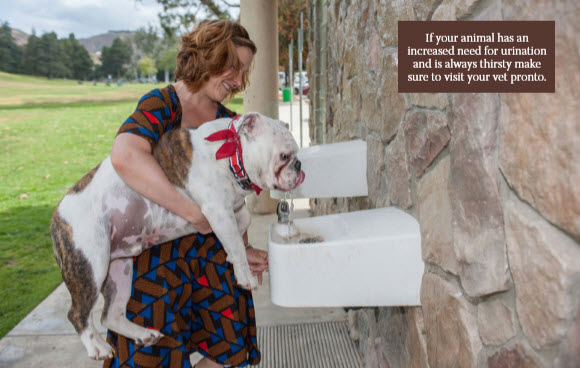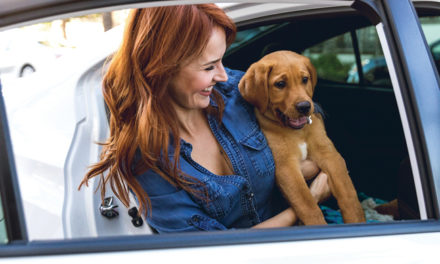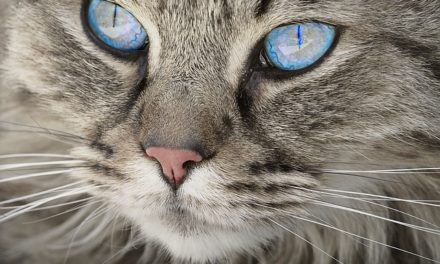Older dogs and cats are at a high risk of developing diabetes. As pets hit their middle years they tend to slow down activity wise and start to gain weight. Obesity is the biggest factor in animal diabetes. The good news is you can help prevent the disease with simple diet changes.
Which Pets Get Diabetes
In the United States, almost half (49%) of older pets have diabetes. It’s not known why some pets develop diabetes and others don’t but being obese does seem to pose a greater risk. Some breeds (Australian terriers, standard and miniature schnauzers, dachshunds, poodles, Keeshonds, and Samoyeds) are more prone to the condition.
Pets Are Not Vegan
While the human trend is to go with the veggies remember your animals need protein. As your pets age, be aware of their diet. Older pets do not have any real needs for carbs or grains. Carbs, a key component of many pet foods, turn into sugars as your pets digest them. Look for pet foods that have large protein sources, healthy fats and moderate vegetable and fruit sources.
Be Aware of Titers
Our pets need to have annual physical exams but be cautious of over vaccinating. It is believed that some autoimmune diseases like diabetes may be caused by over stimulating the immune system.
Many pets are given yearly shots they do not need. While having blood work to see titer levels can cost a little more it’s an important tool in protecting your pet’s health. This blood work will pinpoint which, if any, vaccines are needed for your pet.
Be Aware of The Signs
Even with careful care, a pet can develop diabetes. If your animal has an increased need for urination and is always thirsty make sure to visit your vet pronto. These are also signs of other conditions that need to be followed up on. If possible, take a urine sample with you for the visit.
Pets with diabetes can also be extremely hungry or undergo a rapid weight loss. As the disease progresses they become very tired and have no energy for play. Diabetic pets also are prone to urinary tract infections and kidney failure.
Diabetes Can Be Controlled
Pets often respond to insulin injects very well. Your vet is likely to give your pet a new diet plan along with medication to control their disease. It is important to have a set schedule for feedings and medication to help keep diabetes controlled.
With proper care, diabetes does not have to be a death sentence for your pets. Animals whose disease is controlled with insulin can live a long and happy life. By being aware of pet diabetes you can help prevent or control the condition in your animals.















